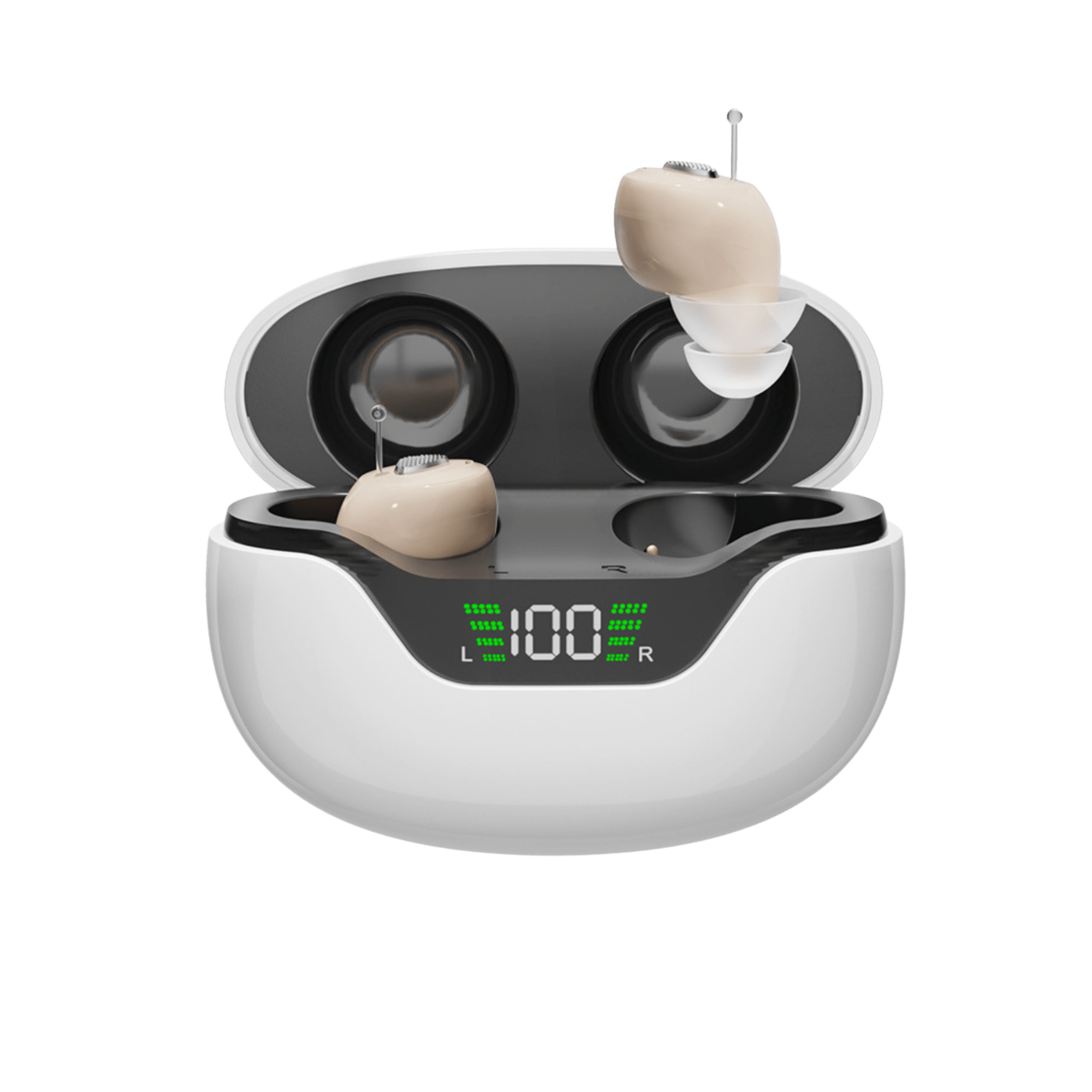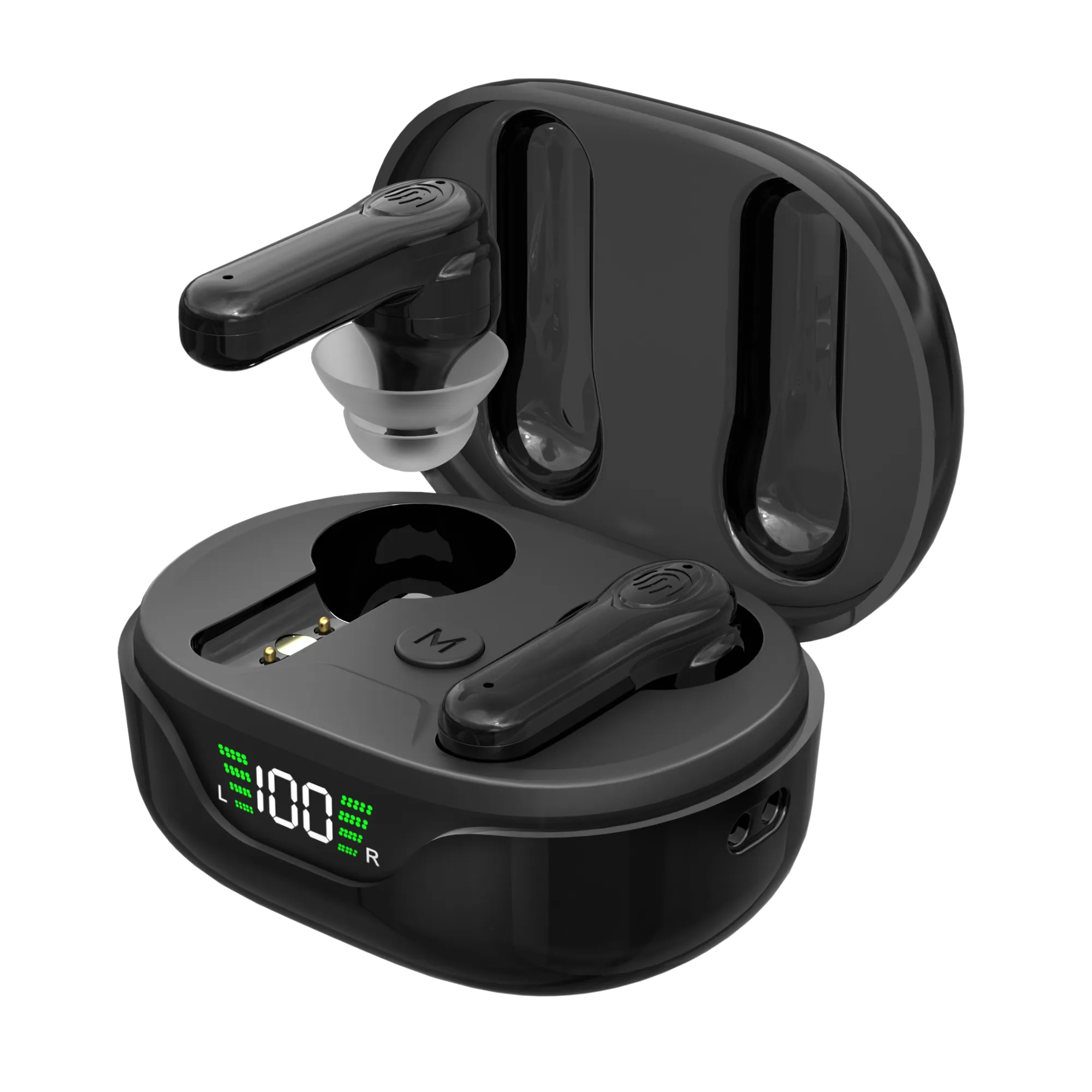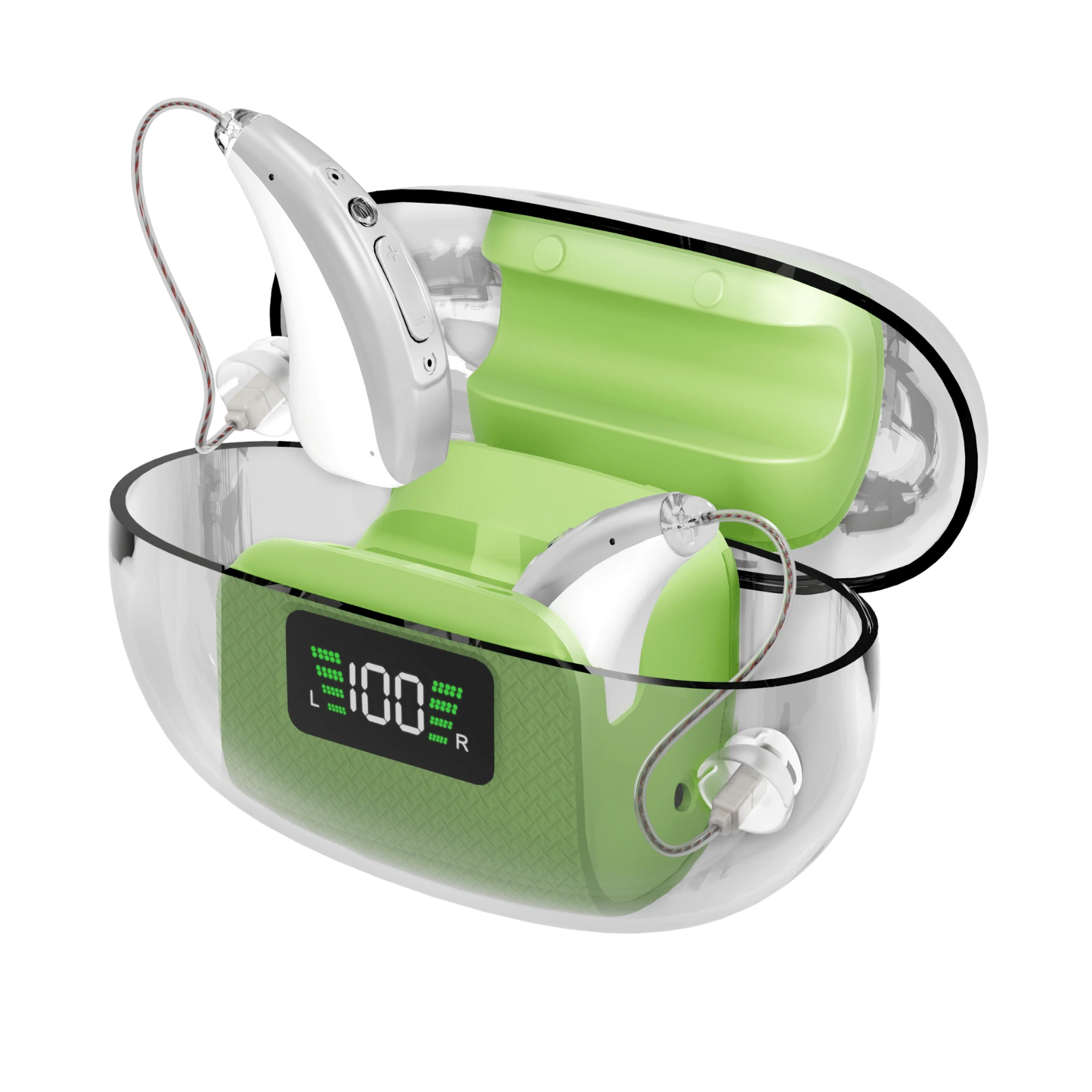Hearing impairment is a disorder that has a global prevalence and affects millions of people all over the world. Even while it can present considerable obstacles, technological improvements, especially in the form of hearing aids, have become a ray of hope for those who suffer hearing loss. However, because there is such a vast selection of possibilities to choose from, it may be quite challenging to comprehend all of the complexities that are associated with purchasing and utilizing these gadgets. Hearing aids should be evaluated based on three key criteria: whether or not they require expert fitting and adjustment, whether or not they come with a guarantee, and whether or not they can be tailored to the user's particular hearing requirements. Let's investigate these questions further.
The Importance of Professional Fitting and Adjustment for an Efficient Use
Hearing aids are not the same as other goods that may be purchased over-the-counter. They are intricate pieces of technology that were developed to provide a level of sound amplification that is proportional to the degree to which a person's hearing has deteriorated. As a result, the procedure of fitting them is essential to guarantee that they will work as expected and that they will be pleasant to wear.
A thorough hearing evaluation is performed throughout the professional fitting process in order to gain an understanding of the severity of your hearing loss. Following this evaluation, audiologists will utilize the data to properly calibrate your hearing aids so that they enhance sounds in the frequency ranges in which you have difficulty hearing. During the fitting process, the audiologist will also make any necessary physical adjustments to the hearing aids so that they are a proper fit for your ears and reduce any pain or feedback noise.
Adjustment is another component that calls for the expertise of a specialist. It's possible that your hearing requirements will shift over time, or that you'll have problems adjusting to the new soundscape. Hearing care providers are able to reprogramme your hearing aids or change their physical fit in these kinds of situations. Therefore, even though hearing aids require expert fitting and adjustments, it is imperative that you take advantage of these services if you want to get the most out of your devices.
Comprehending the Terms of Hearing Aid Warranties
Hearing aids, similar to the vast majority of other technical gadgets, often come with a guarantee from the manufacturer. The particulars of this guarantee are subject to a broad range of variations, encompassing a time period that can range anywhere from one to three years, and in some instances even longer.
In most cases, the warranty will pay for any repairs that are necessary due to flaws or mistakes in the manufacturing process. Some also offer coverage for losses and damages, however this protection is often contingent on the payment of a deductible. However, it is crucial to be aware that warranties do not cover problems that arise as a result of incorrect maintenance. As a result, it is necessary to take care of your hearing aids in accordance with the recommendations provided by the manufacturer.
Make sure you have a clear understanding of the scope of your warranty and its duration before you make a purchase. Request an explanation from your provider and make sure all of your questions are answered before moving forward.
Personalization based on the Unique Requirements of Your Ears
The amazing adaptability of today's hearing aids makes personalization of these devices one of their most appealing features. They are able to be configured to fit the exact pattern of your hearing loss, offering more amplification for the frequencies that you struggle with and less amplification for those that you don't trouble with. This modification guarantees that you will receive the assistance you require without an excessive amount of amplification that is not essential.
In addition, many modern hearing aids come with adjustable settings that may be tailored to suit a variety of situations. You may have a program designed for locations with little noise, another designed for places with a lot of noise, and even one designed just for listening to music or watching television. Some hearing aids may even monitor your surroundings and adjust their settings and programs in response to any changes they notice.
Additionally, there is the possibility of a physical modification. In-the-ear hearing aids that are custom-made to suit your ear canal properly offer a very high level of comfort and discretion due to the fact that they are not visible.
When it comes to hearing aids, having a professional fit and adjust them, being familiar with the terms of the warranty, and investigating the many possibilities for customization are all important stages in the process of improving your hearing health. These gadgets are not simply a pre-packaged answer; rather, they are a highly individualized application that is intended to enhance the standard of living of the user. Make it a priority to maintain a tight working relationship with the hearing healthcare practitioner who has been assigned to you in order to locate the ideal hearing aid that caters to your individual requirements and preferences.
The Importance of Professional Fitting and Adjustment for an Efficient Use
Hearing aids are not the same as other goods that may be purchased over-the-counter. They are intricate pieces of technology that were developed to provide a level of sound amplification that is proportional to the degree to which a person's hearing has deteriorated. As a result, the procedure of fitting them is essential to guarantee that they will work as expected and that they will be pleasant to wear.
A thorough hearing evaluation is performed throughout the professional fitting process in order to gain an understanding of the severity of your hearing loss. Following this evaluation, audiologists will utilize the data to properly calibrate your hearing aids so that they enhance sounds in the frequency ranges in which you have difficulty hearing. During the fitting process, the audiologist will also make any necessary physical adjustments to the hearing aids so that they are a proper fit for your ears and reduce any pain or feedback noise.
Adjustment is another component that calls for the expertise of a specialist. It's possible that your hearing requirements will shift over time, or that you'll have problems adjusting to the new soundscape. Hearing care providers are able to reprogramme your hearing aids or change their physical fit in these kinds of situations. Therefore, even though hearing aids require expert fitting and adjustments, it is imperative that you take advantage of these services if you want to get the most out of your devices.
Comprehending the Terms of Hearing Aid Warranties
Hearing aids, similar to the vast majority of other technical gadgets, often come with a guarantee from the manufacturer. The particulars of this guarantee are subject to a broad range of variations, encompassing a time period that can range anywhere from one to three years, and in some instances even longer.
In most cases, the warranty will pay for any repairs that are necessary due to flaws or mistakes in the manufacturing process. Some also offer coverage for losses and damages, however this protection is often contingent on the payment of a deductible. However, it is crucial to be aware that warranties do not cover problems that arise as a result of incorrect maintenance. As a result, it is necessary to take care of your hearing aids in accordance with the recommendations provided by the manufacturer.
Make sure you have a clear understanding of the scope of your warranty and its duration before you make a purchase. Request an explanation from your provider and make sure all of your questions are answered before moving forward.
Personalization based on the Unique Requirements of Your Ears
The amazing adaptability of today's hearing aids makes personalization of these devices one of their most appealing features. They are able to be configured to fit the exact pattern of your hearing loss, offering more amplification for the frequencies that you struggle with and less amplification for those that you don't trouble with. This modification guarantees that you will receive the assistance you require without an excessive amount of amplification that is not essential.
In addition, many modern hearing aids come with adjustable settings that may be tailored to suit a variety of situations. You may have a program designed for locations with little noise, another designed for places with a lot of noise, and even one designed just for listening to music or watching television. Some hearing aids may even monitor your surroundings and adjust their settings and programs in response to any changes they notice.
Additionally, there is the possibility of a physical modification. In-the-ear hearing aids that are custom-made to suit your ear canal properly offer a very high level of comfort and discretion due to the fact that they are not visible.
When it comes to hearing aids, having a professional fit and adjust them, being familiar with the terms of the warranty, and investigating the many possibilities for customization are all important stages in the process of improving your hearing health. These gadgets are not simply a pre-packaged answer; rather, they are a highly individualized application that is intended to enhance the standard of living of the user. Make it a priority to maintain a tight working relationship with the hearing healthcare practitioner who has been assigned to you in order to locate the ideal hearing aid that caters to your individual requirements and preferences.





